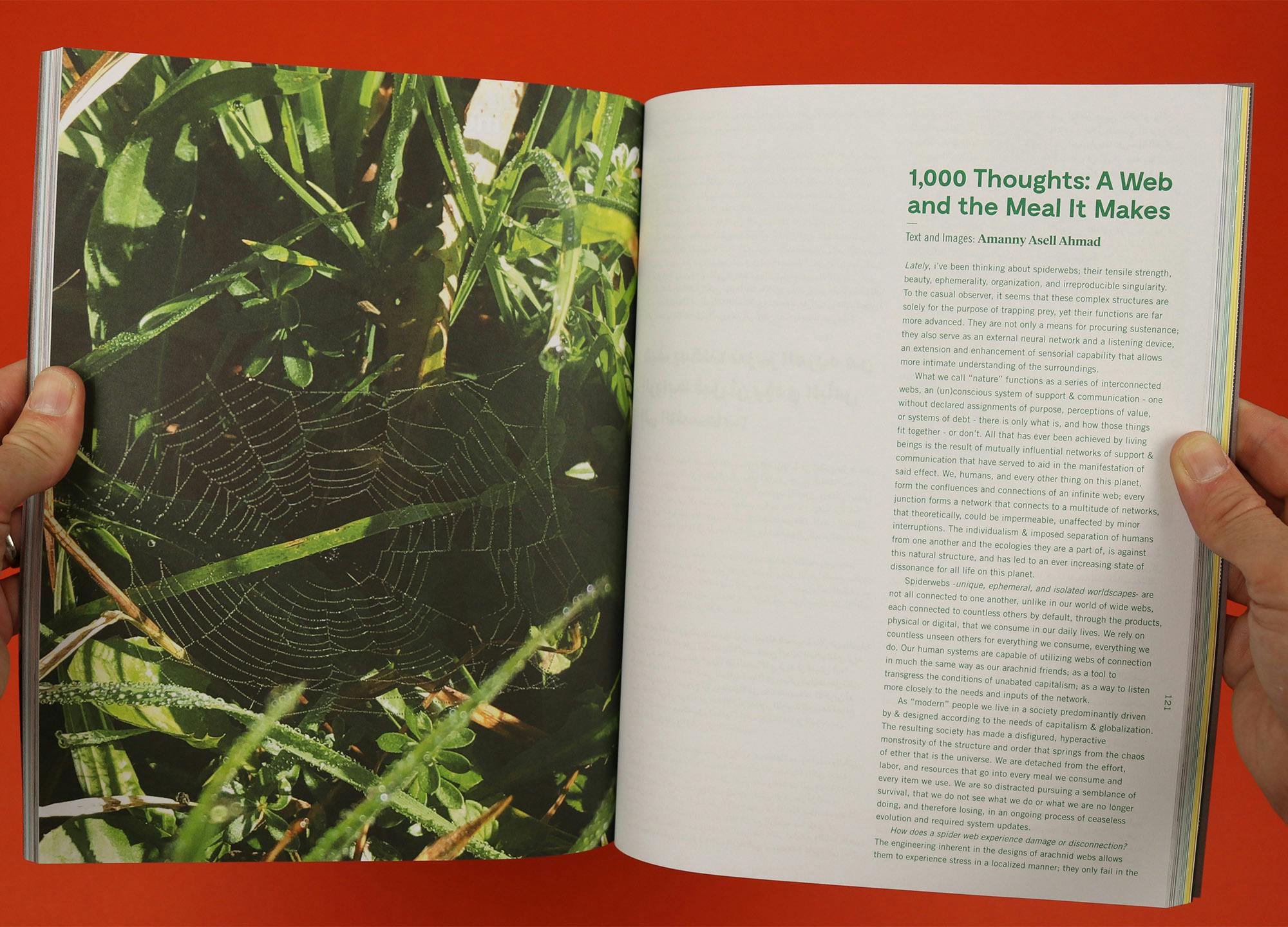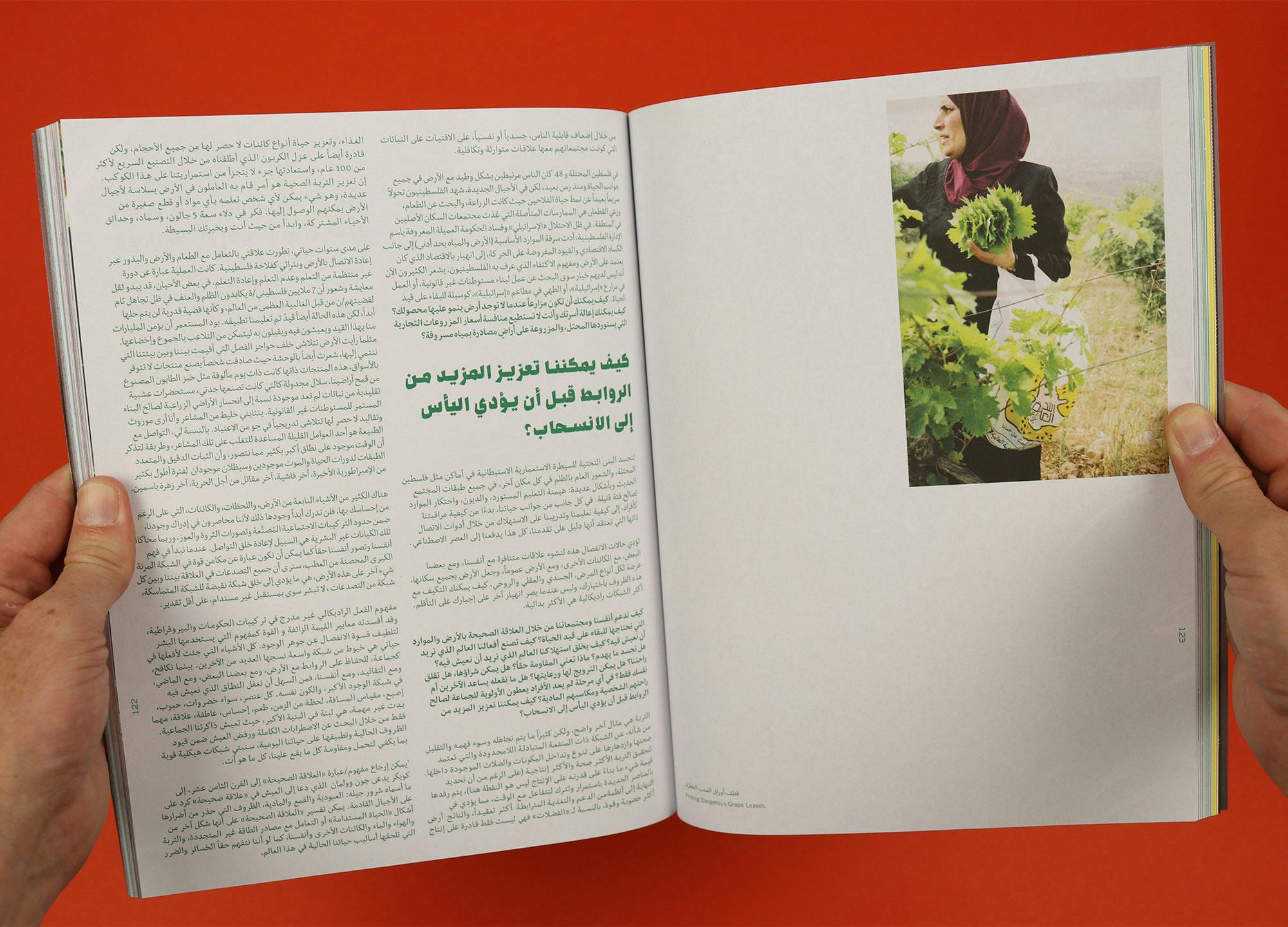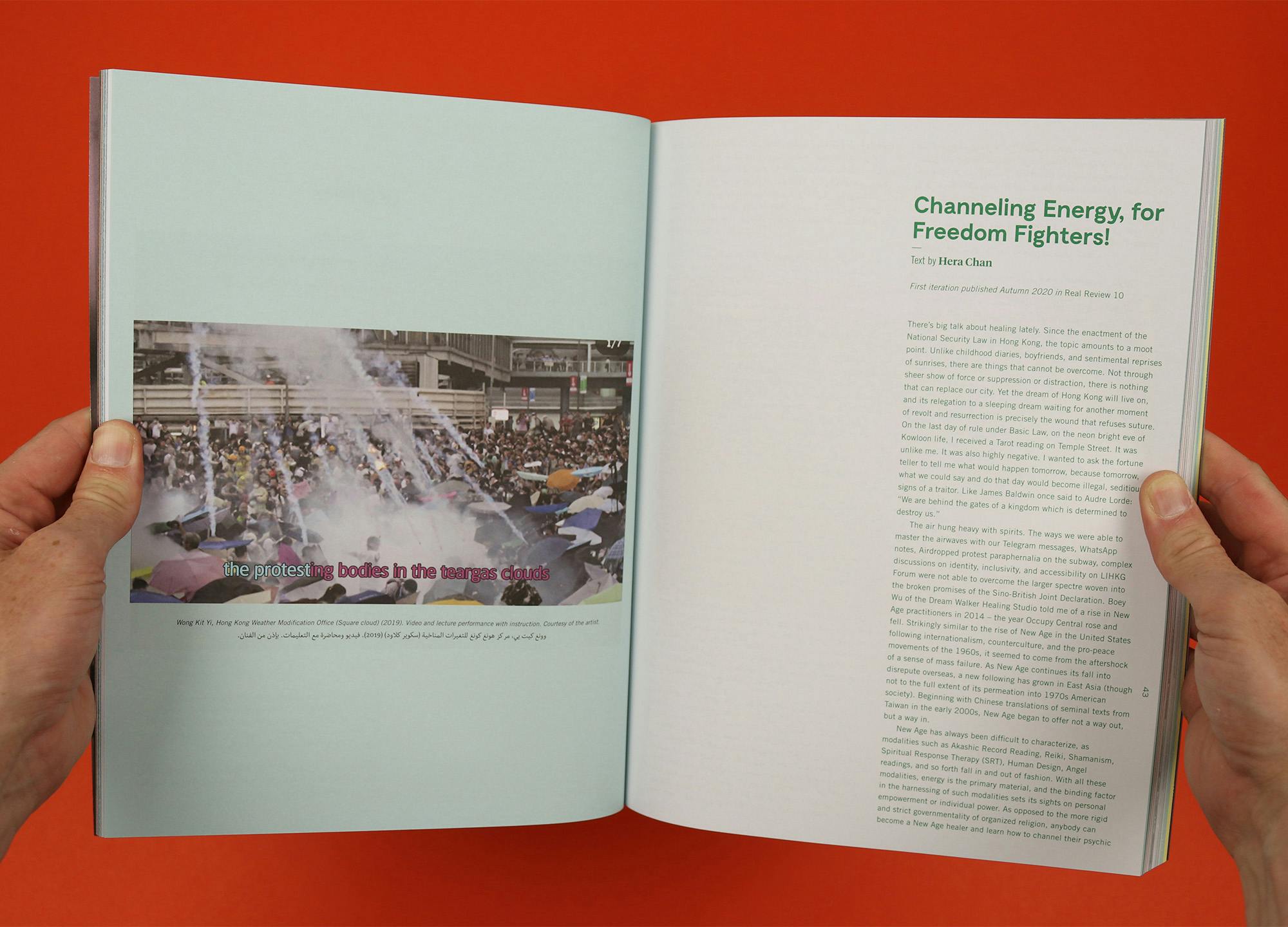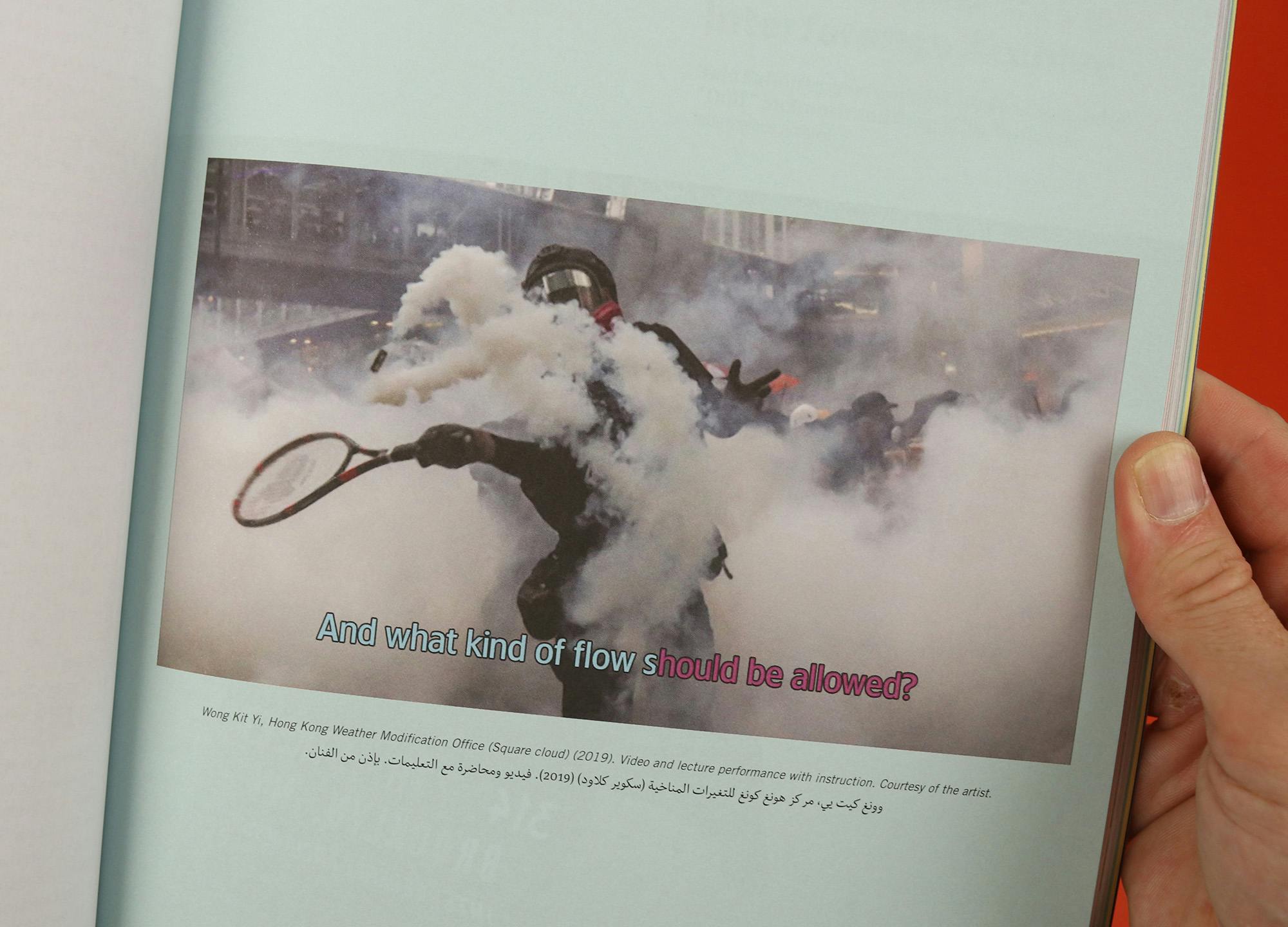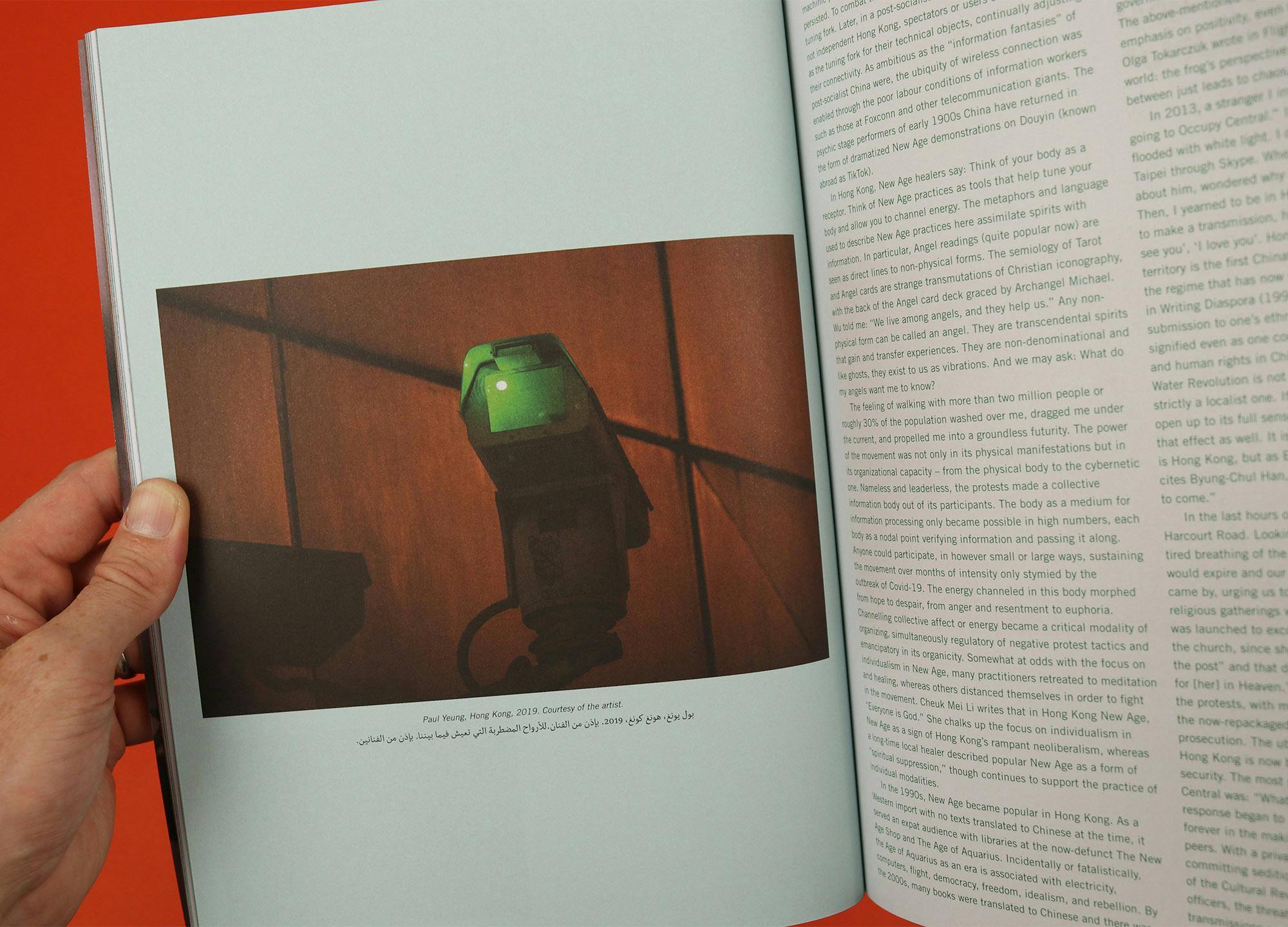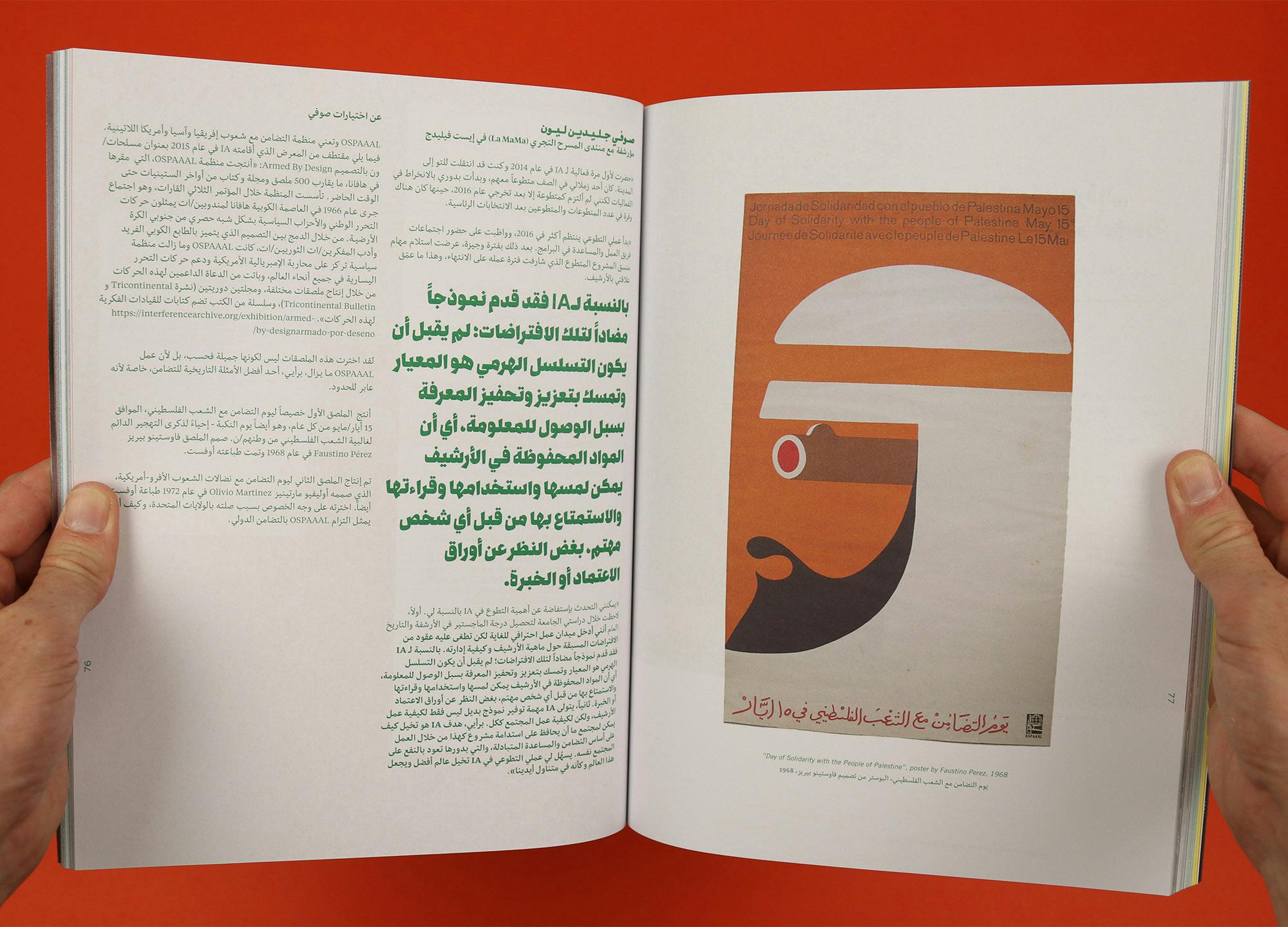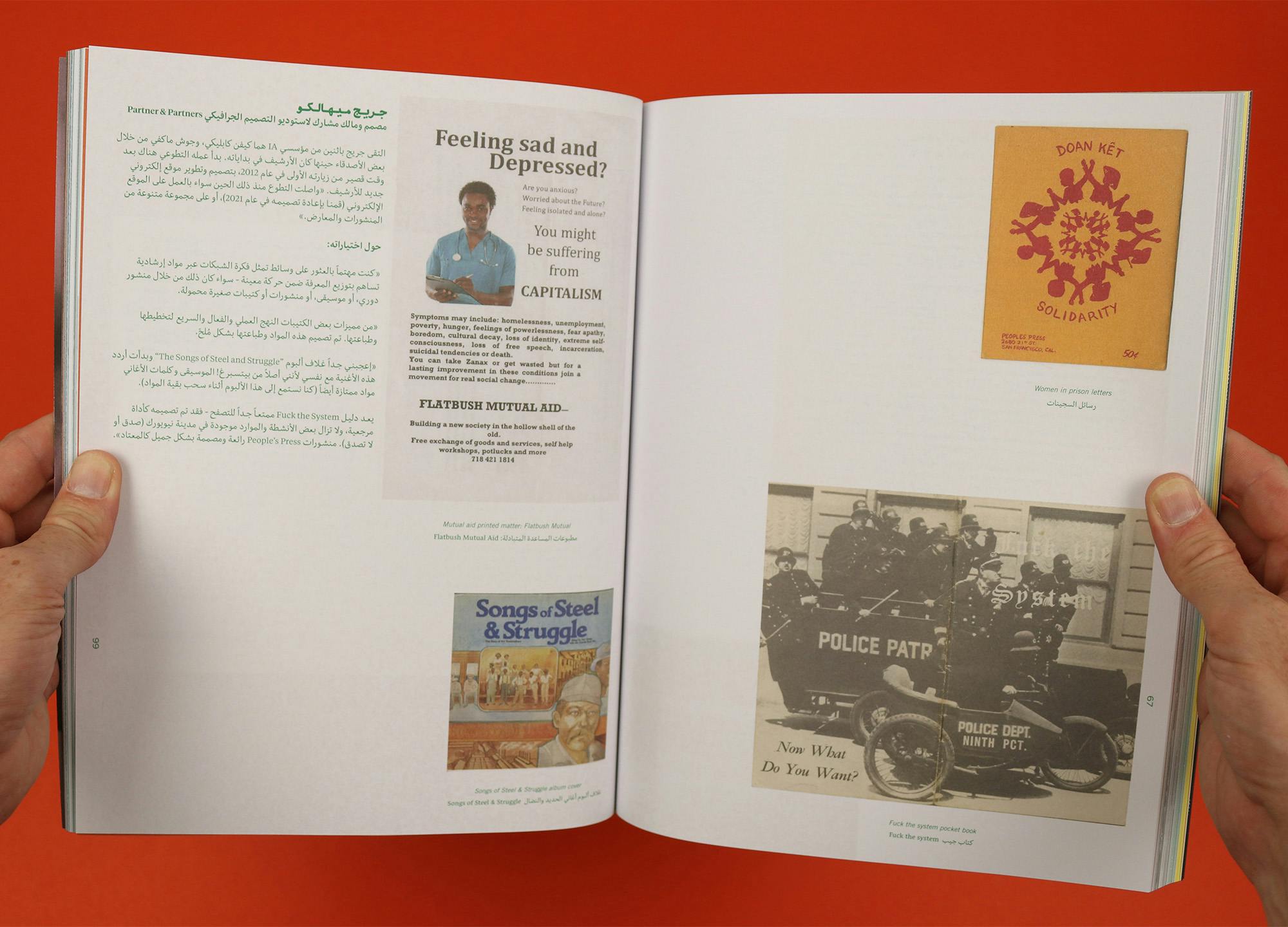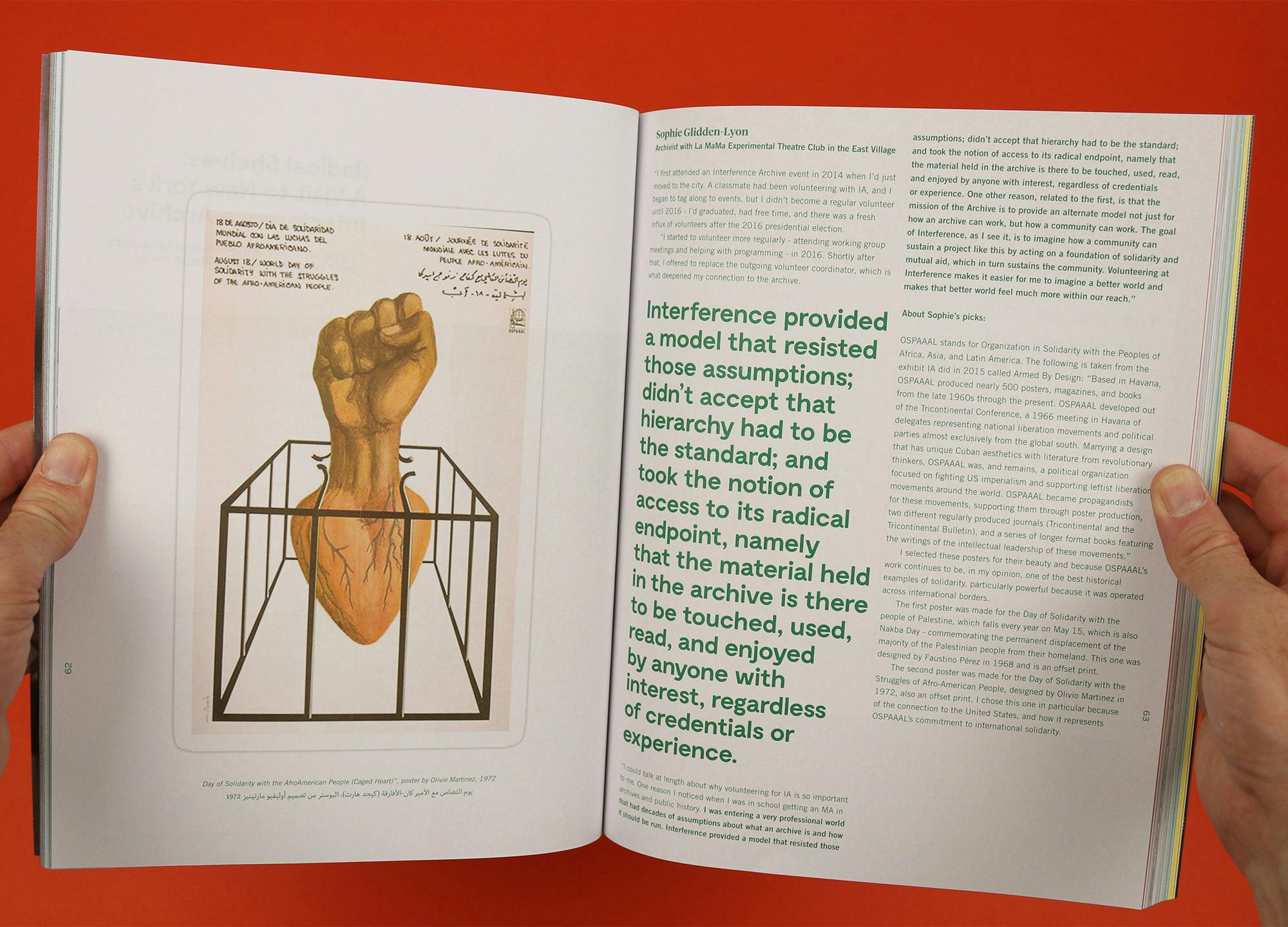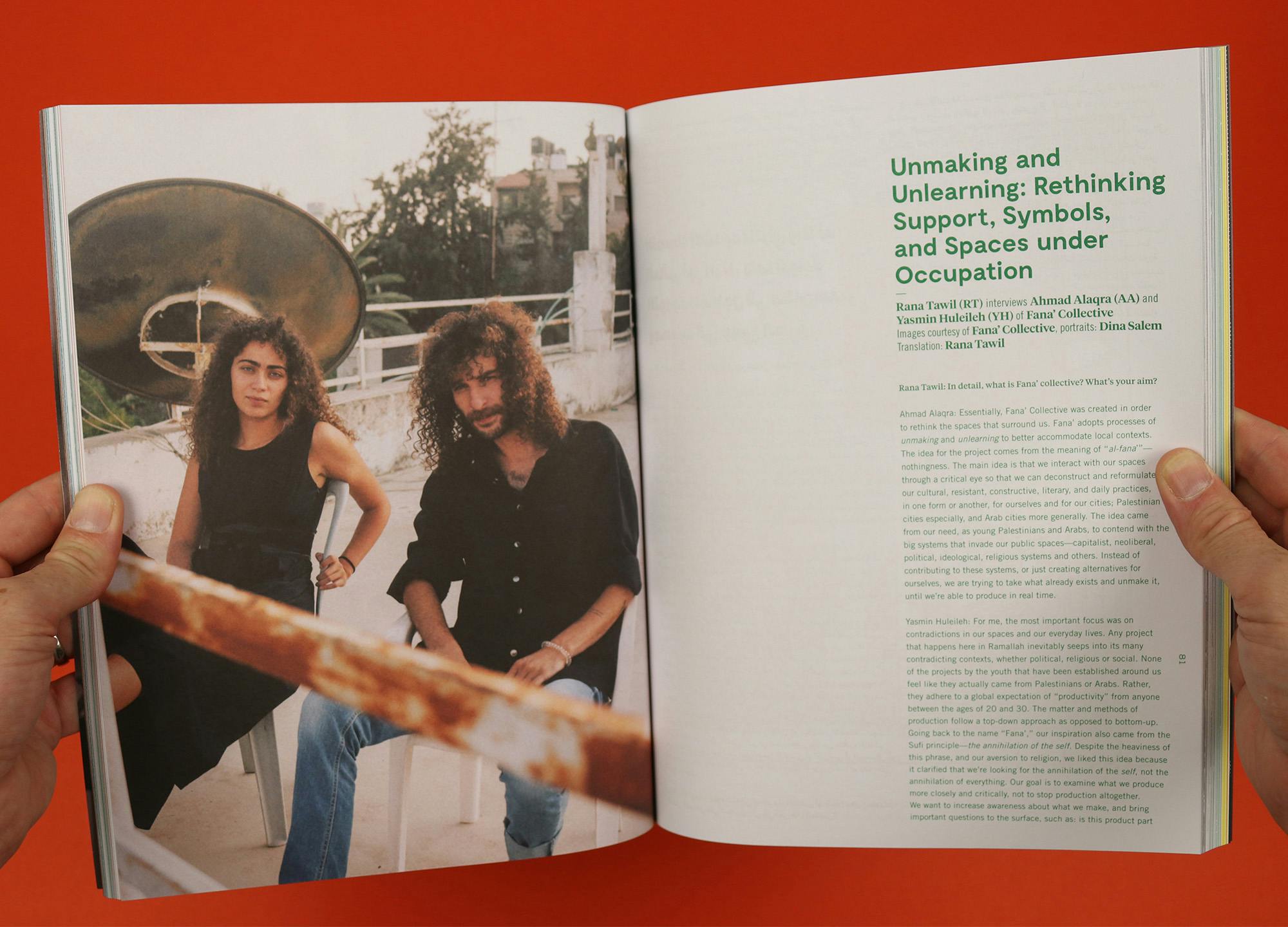Protest and hope in Journal Safar
The new issue of Safar is themed ‘Networks’, and it’s their most political and radical so far. Anger at injustice flows through the magazine with a propulsive force that runs from one story to the next, bursting out in occasionally unexpected places. For example there’s a fascinating story on spiders’ webs, which uses their strength, flexibility and “sensorial capability” as a metaphor to better understand the networked supply chains of our own food system.
The message seems simple enough at first – a spider’s web allows the spider to feed itself by catching flies, but it also provides other functions too, all experienced intimately by the spider. By contrast, as modern humans living in a globalised society, we have constructed a vast structure that allows us to feed ourselves, but in doing so we have alienated ourselves from the forces actually creating the food. It’s a compelling argument, but the real power comes when writer Amanny Asell Ahmad shows the result of this willing distancing, in the oppression of people in places like Palestine, Yemen, and Central and South America. She refers to herself as a Palestinian ‘fellaha’, which I think means peasant farmer, and from that perspective she sounds the alarm for the unsustainable path we’re on:
“When we begin to truly understand and visualize ourselves as we could exist, that is, points of connection in a web whose tensile strength could potentially be infallible, we see that all of the fractures in relationship between ourselves and everything else of this earth, are leading to the inverse of a web of incredible strength, instead creating a web of fractures, a most unsustainable future, to say the least.”
Her response is to return to the earth, communing with nature as a way of slowly creating a structure strong enough to weather the coming storm. It’s ultimately a constructive and carefully hopeful conclusion, and it made me realise that while there are several stories in the issue about protest and rebellion, there’s no overarching sense of optimism or pessimism; each story is defined by its own unique conditions, and so comes with its own sense of hope or hopelessness. The following three stories run in an unbroken thread through the magazine from page 42 to page 93, showcasing three very different experiences of radical protest in different parts of the world.
Hong Kong
First published in Real Review in Autumn 2020, this story looks back at the movement protesting for democracy in Hong Kong, and associates it with a growing interest in New Age healing: “If New Age is about pushing one’s body to open up to its full sensorium, then the protests did something to that effect as well. It isn’t about who are Hong Kong people or what is Hong Kong, but… it is about ‘remain[ing] faithful to what is yet to come.’”
Meditative and reflective, this piece published in Safar now carries with it the sadness of a protest movement that has been defeated, crushed by the enactment of China’s National Security Law and the arrival of the pandemic. The photography, video stills and illustration have the quality of archival materials, looking back on a brave but ultimately futile attempt to fight back against a much bigger opponent.
New York
Following directly from that story is a piece that delves into a literal archive, in the form of New York’s Interference Archive, where, “thousands of colorful posters, zines, books, t-shirts, fliers, pins, buttons, stickers, and other forms of cultural ephemera take over the shelves of a brightly lit space in Park Slope, Brooklyn, telling the story of radical political movements from the past 60 years.”
Three volunteers select items from the archive and explain the reasons behind their selections, and despite the fact that many of the pieces are from the 1960s and 70s, they feel somehow more alive than the shots from Hong Kong. That’s probably because issues of racism, inequality and police brutality are still very real problems being grappled with today, but I think it’s also partly thanks to the mix of humour and indignation seen in so many of the materials, which have clearly been designed to grab the reader’s attention and communicate their message quickly and clearly.
Ramallah
Built around the idea of ‘al-fana’, meaning nothingness, Fana’ Collective reject the symbols and cultural identifiers of their Palestinian lives as a way of trying to escape the cycle of oppression they find themselves caught up in. Collective member Ahmad Alaqra explains:
“Honestly, the Palestinian cause is not central to our work, but it does seep into all of our productions because it is our daily, lived experience. This also applies to the entire region. We believe that, as young Arabs, we should all abandon our romanticized views of our reality because they are the product of viewpoints that have been imposed on us for political, economic, and other reasons. We work on processes that might allow us to unmake systems of symbols and identities that are sold to us, whether as flags, stars, crescents, or whatnot. These symbols are now devoid of meaning because they are the legacy of a ‘State’ that we oppose, as Fana’, because what even is a ‘State’?”
The group is intensely nihilistic and utterly scornful of the structures they find themselves trapped within, and while the story is certainly not optimistic, there’s at least a sense of hope that comes from young people trying to find their way out of a seemingly impossible situation.

